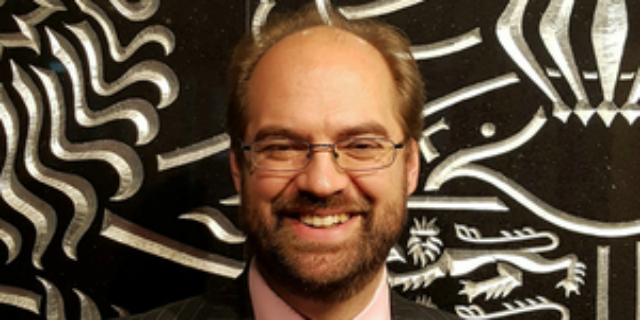On Saturday morning I returned to Geneva from four weeks in New York at the UN General Assembly’s Committee on Disarmament and International Security, known as First Committee. It’s a strange quirk that many countries staff First Committee from Geneva, as these are issues that are usually handled here. Some of my colleagues have notched up a dozen or more First Committees. This was my first, so here are some impressions of a busy few weeks on the other side of the Atlantic.
First, a word on how it all works. The month is divided into a ‘debate phase’ and an ‘action phase’. In the debate, which this year lasted over 70 hours across 24 meetings, Member States present their views on the items on the agenda. In the ‘action phase’, they vote on the draft resolutions and decisions tabled by Member States. This year there were 68 of them.
Alongside the formal meetings, there’s a flurry of activity in the corridors, coffee bars and meeting rooms. Different groupings of countries meet to exchange information, push certain agendas and coordinate voting intentions. Colleagues from Geneva, New York, Vienna and national capitals catch up and compare notes. States or NGOs organise ‘side events’ to promote particular viewpoints or present new research. The sponsors of draft resolutions hold informal negotiating sessions to help their texts garner as many votes as possible.
What was the outcome of all this activity? The purpose of many of those resolutions is to review and react to developments in various aspects of disarmament over the year, and to mandate the UN system to continue to support them in the year to come. The resolution on the Chemical Weapons Convention, for example, expressed the UNGA’s condemnation of the use of chemical weapons in Syria, Malaysia and the UK over the last year and emphasised the importance of implementing the decisions of the Special Conference of States Parties in The Hague in June.
Others promote certain policies and call on Member States to adopt them; though they are not legally binding, they have some political weight.
Still others kick off new work: a proposal by the Arab League to convene a conference in 2019 on a Middle East WMD Free Zone was approved, for example, and two separate processes – one proposed by Russia, the other by the US – were set up to review and develop the principles governing responsible state behaviour in cyberspace.
Now it’s all over, what did I make of it?
First, it’s very representative. All 193 UN Member States are there. Every country, no matter its size, military power or economic weight, has one vote, and the same amount of time to speak in the debates.
Second, the Committee covers a huge range of issues. Many, like nuclear or conventional weapons, are familiar to those of us who cover First Committee from Geneva; but some are not, such as cyber security. So the team has to have access to the right expertise, and be able to spot the political sensitivities.
Third, with so much going on, it’s difficult to keep track of it all and ensure the UK’s voice is being heard where it needs to be. Luckily we had an excellent team to cover it all!
Fourth, it’s more political than Geneva. Difficult regional dynamics were very clearly on display, notably – but not only – in the Middle East. Some highly contentious initiatives, such as Russia’s draft cyber resolution or the Arab League proposal on the Middle East WMD Free Zone, appeared to be driven more by political considerations than by a genuine wish to find a way forward. Rights of reply were sometimes bad tempered; some of the accusations thrown around by Syria to deflect criticism of its use of chemical weapons were extremely distasteful.
But, fifth, away from the microphone, states can work together where it’s in their interests to do so, even when the politics are difficult. A good example was the joint UK, US, French, Russian and Chinese statements reaffirming our commitment to the Treaty on the Non-Proliferation of Nuclear Weapons (NPT) and to starting negotiations on a Fissile Material Cut-off Treaty.
Plenty to reflect on and learn from for next year. But for now, it’s time to reconnect with the family and get ready for a busy Geneva autumn.

